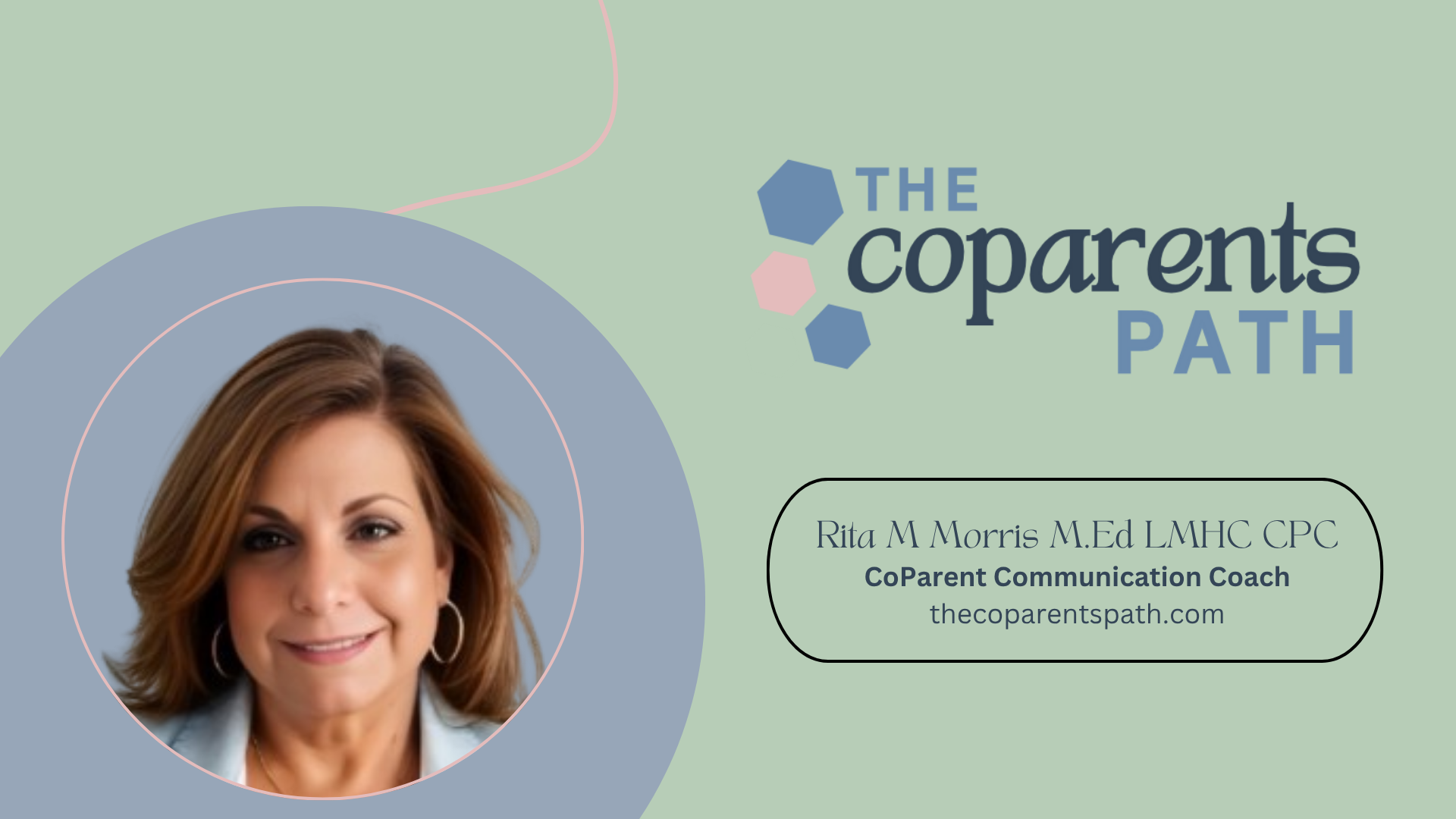How Will Your Children Remember Your Co-Parenting?
May 28, 2025
When we talk about co-parenting, we often focus on logistics—schedules, drop-offs, school events. But if you want to know what truly matters, listen to the people who lived it.
Not the parents.
The children.
Now grown, adult children of divorce carry a powerful perspective—one that co-parents would be wise to pay attention to. Over the years, I’ve collected dozens of stories from these adults. What follows is a compilation of their voices, along with my reflections as a therapist and co-parenting coach. These are not isolated incidents. These are patterns.
And they raise an important question:
How will your children remember your co-parenting?
“I felt invisible.”
“They were fighting and fighting FOR ME. I kept hearing the words ‘It’s in his best interest’ but what is clear to me now that I’m grown is that they weren’t fighting for me. They were fighting for themselves. I was just a pawn in a very sad game.”
👉 Commentary: It takes courage to differentiate between what you need and what your child needs. Co-parents often convince themselves they’re fighting for their children when, in truth, they’re fighting for control, for validation, for victory. Develop discernment. Be honest with yourself.
“My mom was always forgiving about my dad.”
“She wasn’t a doormat, but she was kind. If I complained, she didn’t pile on. She made me feel seen, but never turned it into a moment to trash him. I trusted her because of that.”
👉 Commentary: Trust is built when children know they can share without repercussion. When parents use information as ammo, trust erodes. This story shows how empathy and restraint model compassion—and earn lifelong trust.
“My mom told me my dad didn’t care about me. Later I found out that wasn’t true.”
“He did want to see me, but she blocked him. I believed her when I was young… now I know better. I don’t know if I’ll ever forgive her.”
👉 Commentary: Unless there’s real danger, blocking a child from a parent will backfire. It may “work” in the short term, but in time, the truth almost always surfaces—and the damage to your relationship may be permanent.
“I felt like a commodity.”
“It was all about time. Minutes, hours, exact pick-ups. Then when I was with them, they didn’t even pay attention to me. They were fighting for a principle, not for me.”
👉 Commentary: Children are not prizes. They’re not proof of who “won” the divorce. Battling over time like it’s currency dehumanizes them. Instead, focus on making your time feel valuable, not just measurable.
“Everything seemed like it was about money.”
“Even our belongings. They’d argue during every drop-off. It was humiliating.”
👉 Commentary: Kids know when conflict is really about something else. Money. Control. Resentment. Don’t drag them into adult stress. What they do need is emotional security, not explanations.
“My parents tried to be flexible.”
“They changed the schedule when I needed it. I didn’t realize what they were giving up at the time, but now I know. I respect them so much.”
👉 Commentary: Flexibility isn’t weakness. It’s strength. It sends the message: You matter more than the schedule.
“My dad bad-mouthed my mom constantly.”
“I didn’t want to hear it. It made me feel like he didn’t want me to love her. That was confusing and painful.”
👉 Commentary: Bad-mouthing your co-parent doesn’t make your child love you more. It makes them feel torn, ashamed, and unsafe. Kids need to love both parents. Support that.
“My mom grilled me about what happened at dad’s house.”
“I knew if I said anything nice, she’d get upset. If I said something bad, she’d use it against him. So I stopped talking.”
👉 Commentary: Digging for information is a fast track to disconnection. Let your child share on their terms. Be a safe place—not a court reporter.
“When I was 10, my mom told me the divorce was because dad had an affair.”
“I didn’t know what that meant. I was confused. I wish she hadn’t told me. I didn’t need to know.”
👉 Commentary: Children don’t need to carry adult pain. Even teens. Sharing details to make yourself look like the “good parent” is not child-centered—it’s self-serving. Protect their innocence.
“They were always trying to convince me it was the other person’s fault.”
“I didn’t care. I just wanted to be a kid. It made me feel sick inside. I envied my friends whose parents could be in the same room.”
👉 Commentary: Let them be kids. They don’t want to pick a side. They want peace, playdates, pizza nights, and people who don’t ask them to carry the weight of adult choices.
“Drop-offs were awful. Screaming matches. Neighbors pretending not to hear. I was so embarrassed I wanted to disappear.”
👉 Commentary: Embarrassment has a deep impact on children. Every angry exchange in public is another brick in the wall between you and your child’s emotional safety.
“My parents never said a bad word about each other.”
“They focused on me. I had a great childhood. Even though they couldn’t stay married, they co-parented with maturity and respect. I will always be close to both of them.”
👉 Commentary: This is the goal. Not perfection. Not zero conflict. Just maturity, kindness, and a consistent commitment to putting your child’s well-being first.
Final Thought
The way you co-parent now is writing your child’s story—in real time.
Years from now, they’ll reflect on how you handled this season. What will they say?
It’s not too late to change the narrative.
You can start today.
Cooperative Coparenting Is Possible!
Get started today by downloading my Coparent Communication Essentials.


